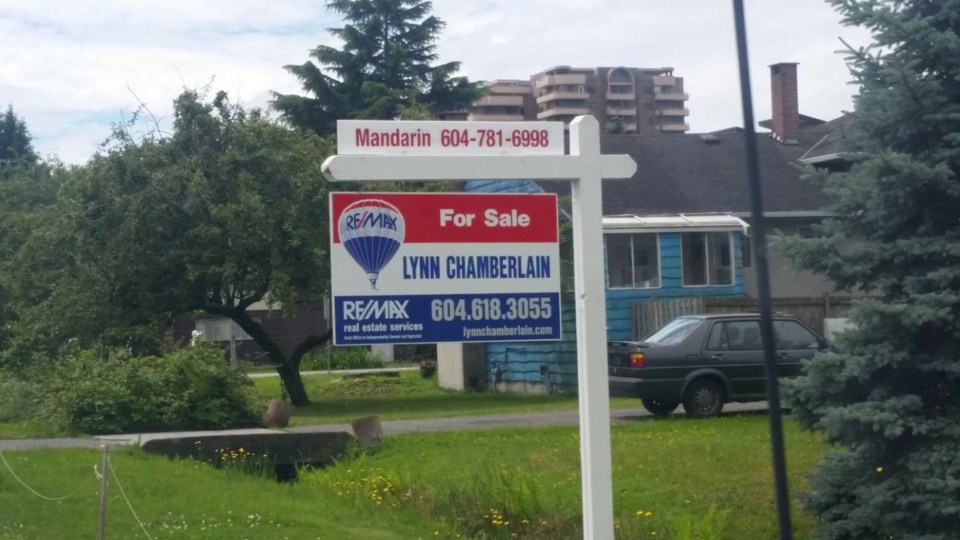Amidst criticism from nearly every political flank, Steveston-Richmond MP Joe Peschisolido insists the federal government is taking tax evasion and investor speculation in the local real estate market seriously.
But he is not willing to commit to recent steps taken in other countries such as Australia or New Zealand that have, respectively, placed significant restrictions or an outright ban on foreign home ownership.
“We need to ensure foreigners don’t buy properties and leave them empty as a commodity to flip. But putting a ban on foreign money to buy homes; I’m not ready to endorse that yet, but we do need to study it,” he said.
Peschisolido said he has heard a steady stream of concerns from local residents in his riding that foreign money in real estate, particularly from China, has created numerous problems for the community — such as empty homes and farmland speculation.
Among other concerns, expressed in legal and professional circles, is evasion on capital gains taxes on real estate sales — whereby a foreigner may lie about being a resident for tax purposes to avoid paying the tax, while at the same time not declaring income earned outside of Canada.
Local legal experts consider the Canada Revenue Agency ill-equipped to deal with such tax evasion.
Peschisolido said he has relayed those concerns to relevant cabinet members.
Last month, CBC reported the Canada Revenue Agency is conducting audits of postal codes with low incomes and high housing costs. Peschisolido acknowledged Richmond fits such a profile, per census data.
Peschisolido said it is nevertheless important to not limit investment in Canada.
“I think we have to be careful we don’t block off investment. We have to ensure money is still coming in for economic growth so you can fund programs; but that you aren’t getting a situation where all the homes are being bought,” said Pescisolido.
Although he acknowledged that he had no evidence that an outright ban, or limit (such as in Switzerland and several other European countries), on foreign home ownership would imperil the greater economy.
Peschisolido suggested the provincial and municipal governments also have policy tools to de-commodify housing.
Recently, the City of Vancouver announced a strategic plan with the goal of de-commodifying housing. Among some policy tools it is looking at is a property surtax that would be reduced based on one’s income tax payments — effectively targeting non-income earners. The city also deployed an empty homes tax.
Vancouver has the unique ability to create certain tax changes under the Vancouver Charter. Richmond must abide by the provincially-mandated Community Charter.



